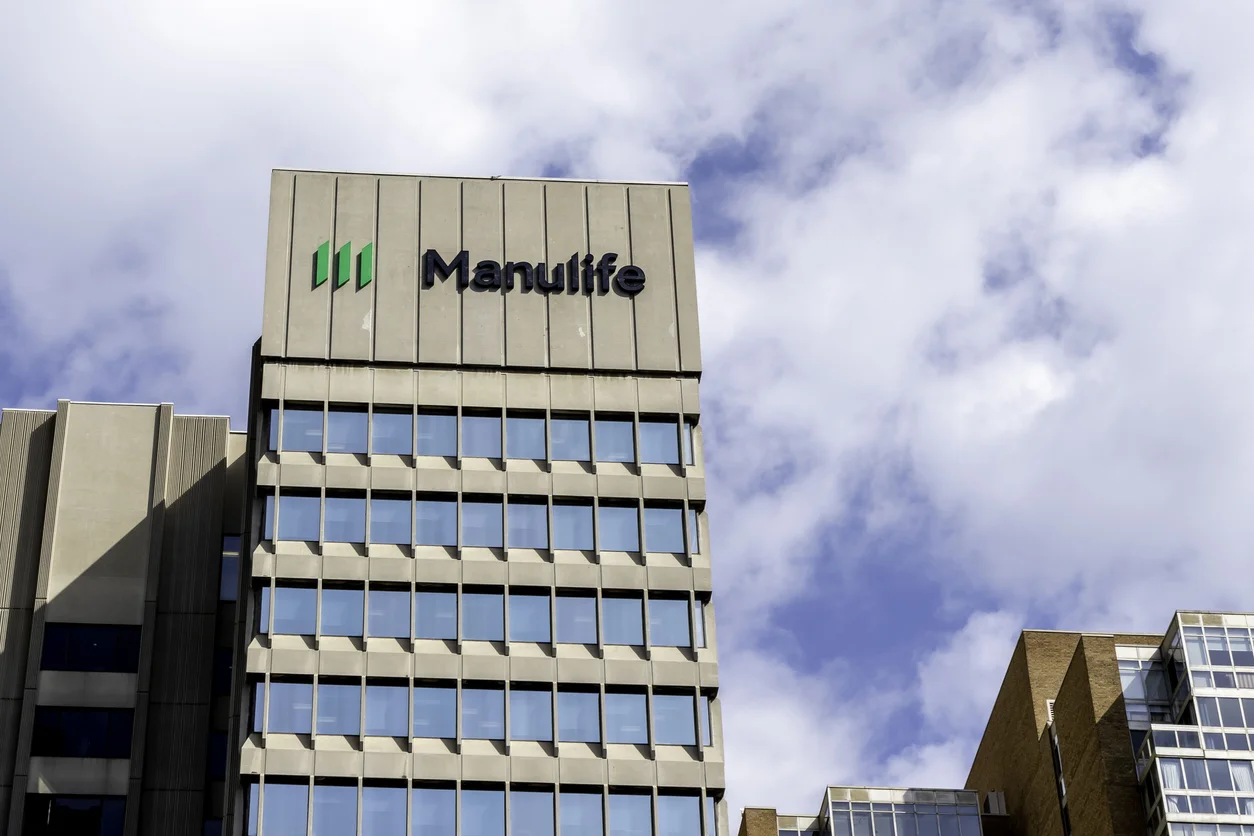This is Part 3 of a 3 part series originally entitled: Who’s Going To Amazon Healthcare?
As with any “change the world” undertaking, getting started is never easy. Amazon didn’t become the second most valuable retailer in the world ($81 billion market cap) by initially offering any product to any customer anywhere at any time. They started off selling books online out of Mr. Bezos’ garage. As they expanded into other products, they fast became public enemy #1 to every retailer on the planet. This realization gave birth to Amazon’s Merchant Partnership program which seemingly gives them unlimited growth potential. While still competitors, Merchant Partners embrace amazon.com as a strategic distribution partner with reach very difficult to achieve on their own.
Amazon did not invent the Internet. They simply leveraged it to become the first retail super power exclusively peddling its wares in cyberspace. Many followed their lead, including bricks and mortar retailers who feared losing market share to Internet upstarts, as well as traditional competitors who were early Internet adopters. By comparison, the field of telemedicine is where Internet retailing was in the early 1990’s. There’s a lot of experimentation going on, but no one has emerged as the 800 pound telemedicine gorilla. While the idea of “IU TeleHealth Services” is certainly intriguing and eventually inevitable, the gorilla is likely to emerge from less traditional roots, as Amazon did.
If They Will Come…Who Will Build It?
What about THE Exchange? Who’s most likely to build the network that the entire world will rely upon to secure, store and transmit highly confidential and potentially life-saving personal health information? Surely no government would be entrusted with such a mission critical system connecting every nation on earth. Some healthcare systems (public and private) have the resources to pull it off, however, other providers would be reticent to share their patient data with what could become a formidable competitor. Certainly the large outsourcer/systems integrators like IBM and Accenture could handle the challenge, but they may prefer to re-invent the wheel with all of their clients versus building a global solution they could all piggyback upon. For the same reason, Cisco Systems will likely be content to sell its products to all telemedicine providers versus becoming one.
Getting Started
While it’s unlikely that any of the above mentioned entities will build, own and control THE Exchange; that does not preclude any or all of them from investing in the firm that does. In fact, given the magnitude of the project, it’s difficult to imagine how anyone could succeed without such help. For example, a progressive hospital system might partner with a systems integrator to build an internal telemedicine exchange. To compensate the hospital for over designing the software with THE Exchange in mind, they could be granted an equity stake in the new enterprise. This would also guarantee the hospital seamless integration into THE Exchange once it’s up and running. Not a bad deal.
It’s possible that a single entity could become both the Amazon provider of telemedicine services AND the owner of THE Exchange (“THEx”). Like Amazon did with their Merchants Partnership program, such a firm could convince other healthcare providers that they’d only be taking the overflow cases they couldn’t handle, while serving their telehealth exchange needs. This would give participating providers theoretically unlimited capacity, because they would have access to both THEx physicians and those of every member provider. The days of “no longer taking new patients” would be gone.
A Possible Play for Health Insurers
Though possible, it is unlikely that a single entity will become both a preeminent provider of telemedicine services and the owner of THEx. An ideal scenario would be one in which the Newco telemedicine provider is also an equity participant in the formation of THEx. This may be an interesting avenue for the larger health insurers to explore. Since they have a generally adversarial relationship with providers anyway, why not become a provider themselves? In fact, if someone’s going to “Amazon” the healthcare industry, wouldn’t it be more efficient for it to be someone who’s already intimately familiar with it? Hmmm…I wonder if Wellpoint and United Healthcare have considered this.
Summary
The coming telemedicine explosion will put increasing pressure on current healthcare providers to offer many of their services in a virtual manner. Some will seize the opportunity and prosper. Others will fall further and further behind their more progressive competitors. But, the BIG winners will be the new genre of healthcare providers who will exclusively provide telemedicine services. And, perhaps the biggest winner of all will be the firm who builds and operates the system that makes it all possible –
any patient…any provider …anywhere… any time. We call it THE Exchange…and we’re out to change the world with it.


